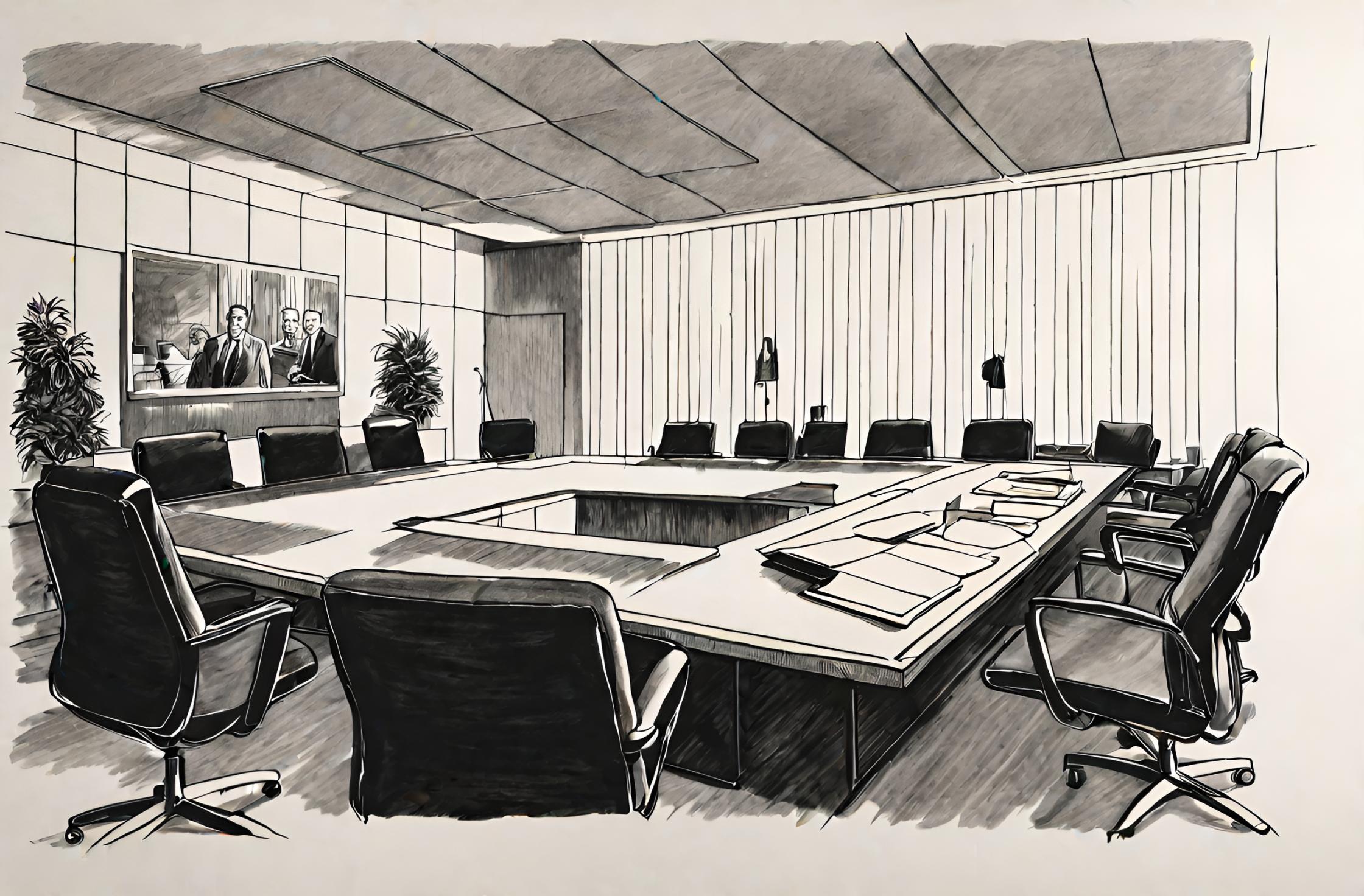Flashback to June 17
American History

June 17, 1856 marked a significant milestone in American politics as the Republican Party opened its first national convention in Philadelphia. This event was a pivotal moment in the party’s history, setting the stage for its emergence as a major political force. In this article, we will delve into the details of this convention and explore its impact on the Republican Party and the wider political landscape of the time.
The Republican Party, founded in 1854, was a political coalition that aimed to unite various anti-slavery factions under a single banner. As the country grappled with the contentious issue of slavery and its expansion into new territories, this newly formed party sought to provide a cohesive platform for those who opposed its spread. The 1856 national convention in Philadelphia was an opportunity for the party to solidify its platform and nominate its first presidential candidate.
The convention took place at the Musical Fund Hall, a prominent venue of the time known for its hosting of cultural and political events. Delegates from various states gathered to discuss the party’s stance on critical issues, notably the expansion of slavery, tariffs, and internal improvements. The convention attracted a diverse group of individuals, including former Whigs, Democrats, and Free Soilers, all united by their opposition to the expansion of slavery.
One of the key outcomes of the convention was the adoption of the Republican Party’s first platform. This platform outlined the party’s core beliefs, including opposition to the expansion of slavery into the territories, support for protective tariffs, and investments in internal improvements such as roads and railways. The party’s strong anti-slavery stance distinguished it from other political parties of the time and appealed to a growing number of voters who believed in the righteousness of the cause.
Another pivotal moment during the convention was the nomination of John C. Frémont as the party’s presidential candidate. Frémont, a former military officer and explorer, was chosen for his anti-slavery credentials and his popularity among the party base. His nomination marked a significant milestone for the Republican Party as it sought to establish itself as a major contender in the upcoming presidential election.
Unsurprisingly, the Republican Party faced significant opposition from both the Democratic and Know-Nothing parties. The Democratic Party, deeply divided over the issue of slavery, saw the emergence of the Republicans as a threat to their dominance. The Know-Nothing Party, which held nativist views and opposed immigration, also regarded the Republican Party as a formidable adversary. Despite this opposition, the Republicans remained steadfast in their commitment to their cause and actively campaigned to garner support for their platform.
The 1856 Republican National Convention in Philadelphia served as a catalyst for the party’s growth and success in the ensuing years. While Frémont ultimately lost the presidential election to Democrat James Buchanan, the convention marked the beginning of a new era in American politics. The Republican Party’s platform and its resolute anti-slavery stance resonated with voters, leading to significant gains in subsequent elections and ultimately culminating in the election of Abraham Lincoln in 1860.
the Republican Party’s first national convention in Philadelphia on June 17, 1856, was a watershed moment in American politics. The convention provided a platform for the party to solidify its platform and nominate its first presidential candidate, John C. Frémont. The Republican Party’s unwavering opposition to the expansion of slavery and its commitment to other key issues outlined in its platform set the stage for its emergence as a major political force. The convention’s impact reverberated throughout American history, ultimately leading to the election of Abraham Lincoln and the eventual abolition of slavery.
We strive for accuracy. If you see something that doesn't look right, click here to contact us!
Sponsored Content

Watergate
Delve into the gripping…

Battle of Aldie in…
The Battle of Aldie,…

The United States Supreme…
On 6/17/1963, the United…

US President Zachary Taylor…
On 6/17/1991, the exhumation…

Republican Party opens its…
The Republican Party held…

Julius Rosenberg is arrested…
On June 17, 1950,…

